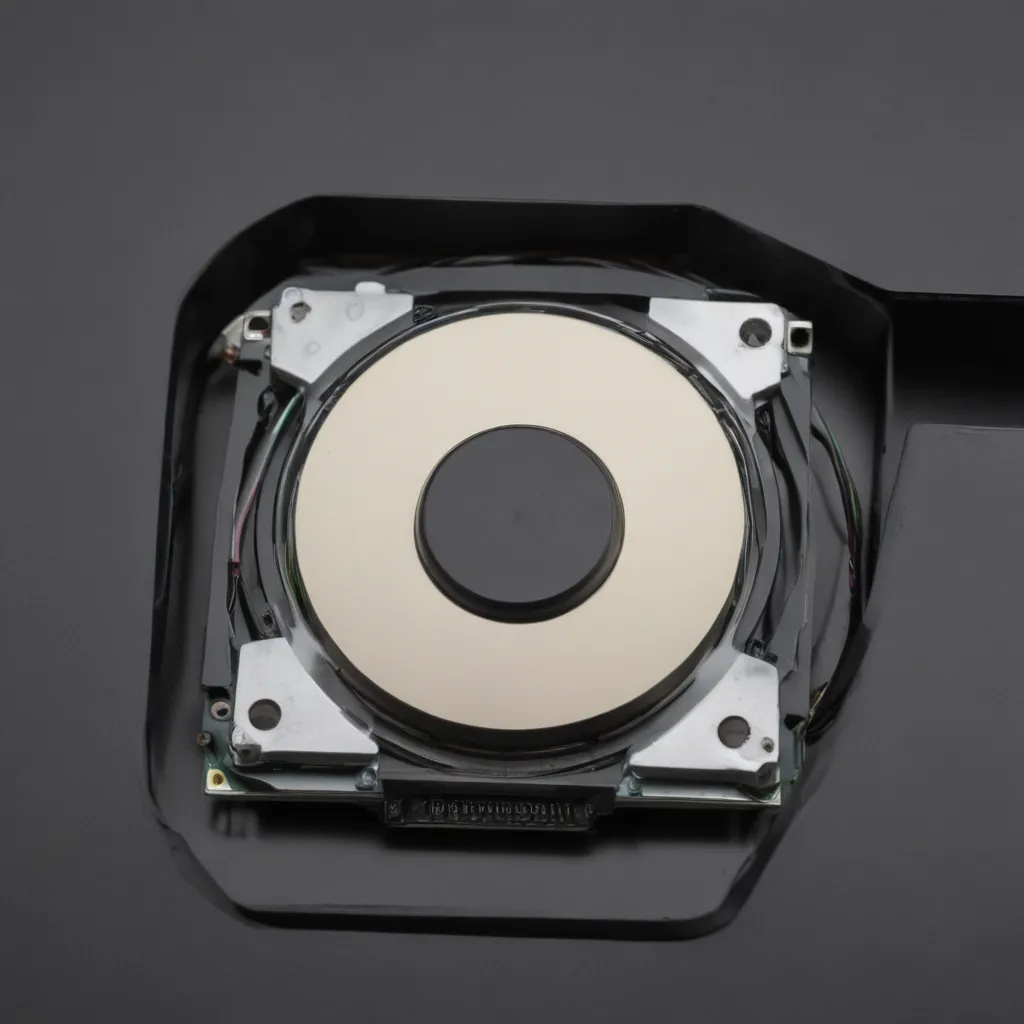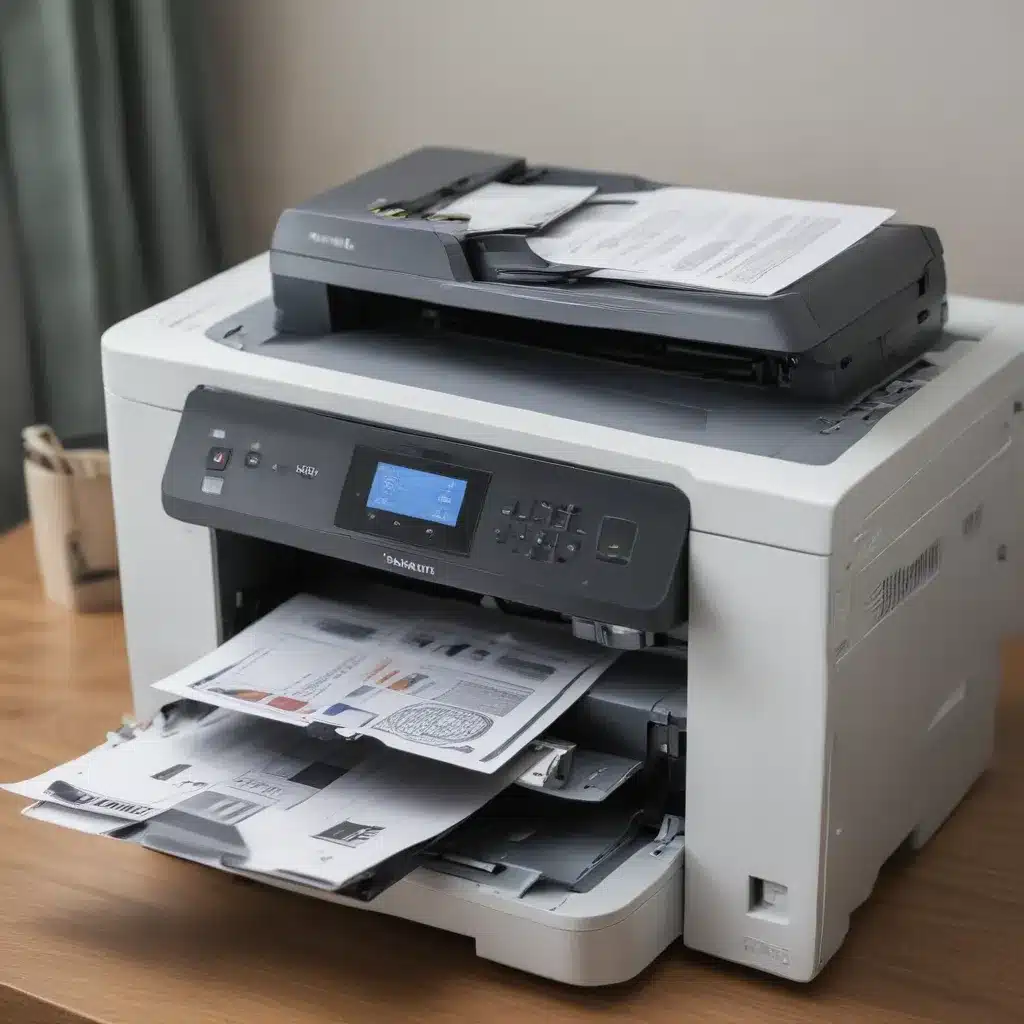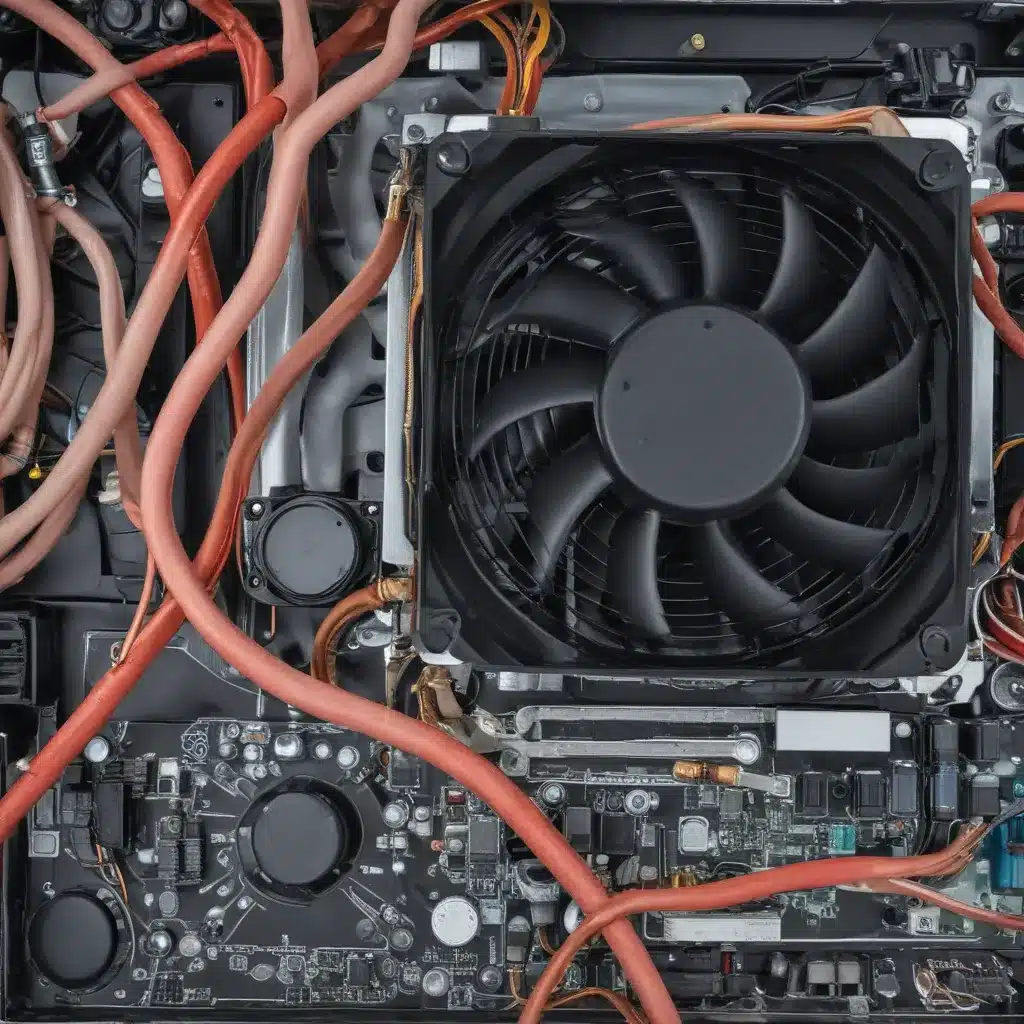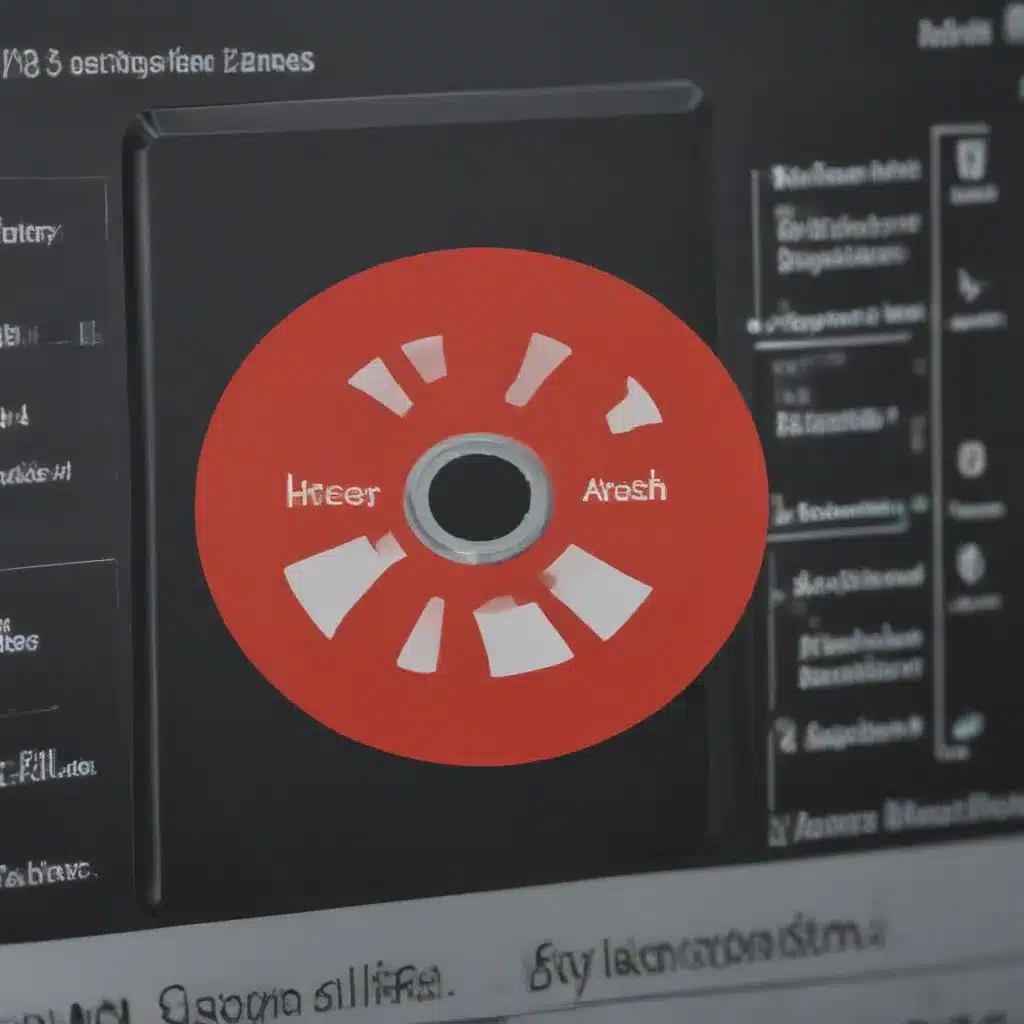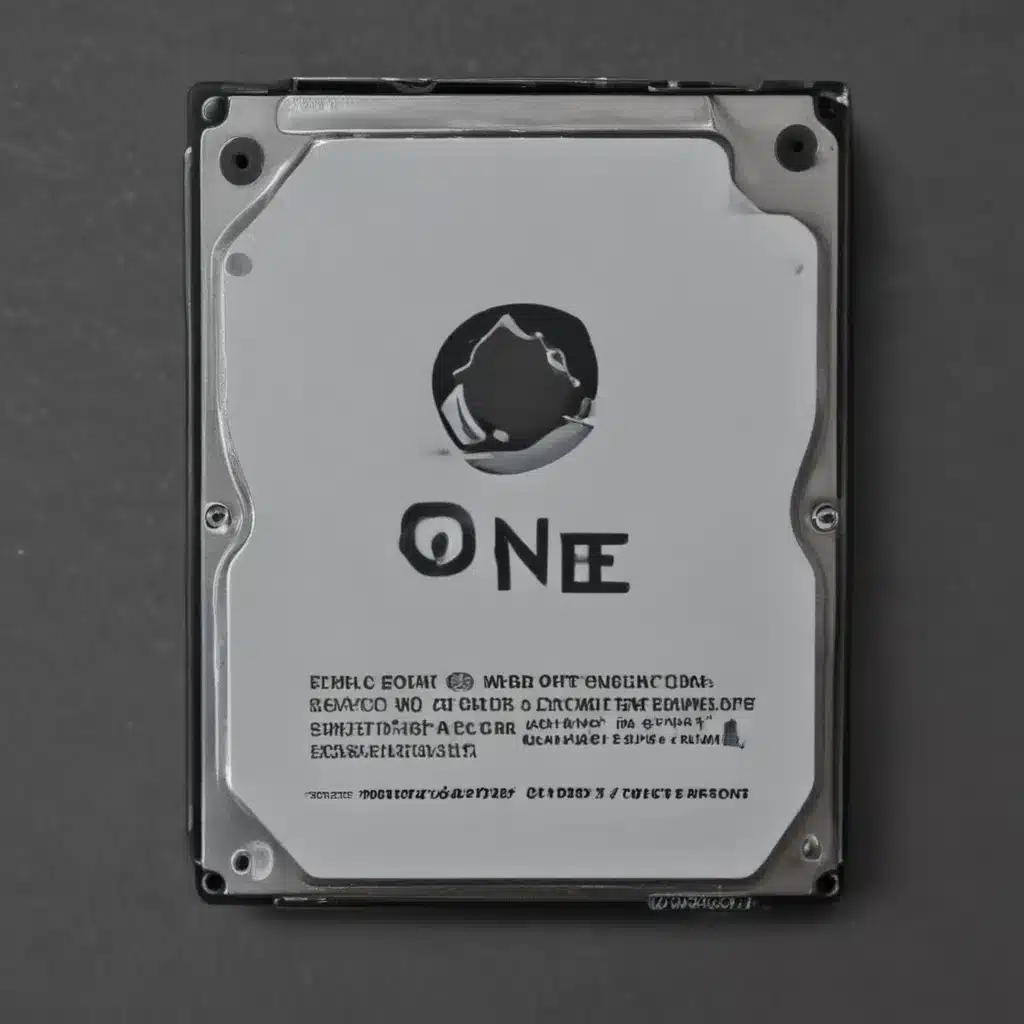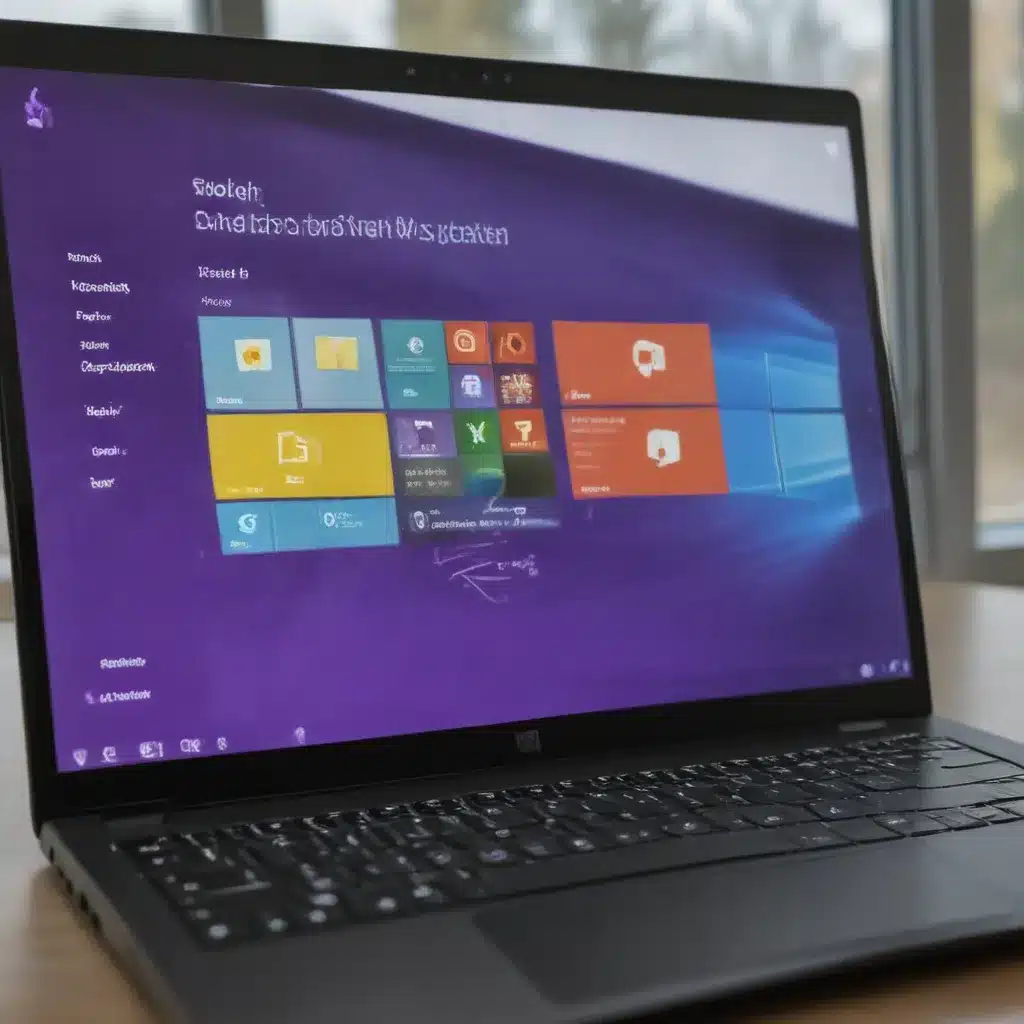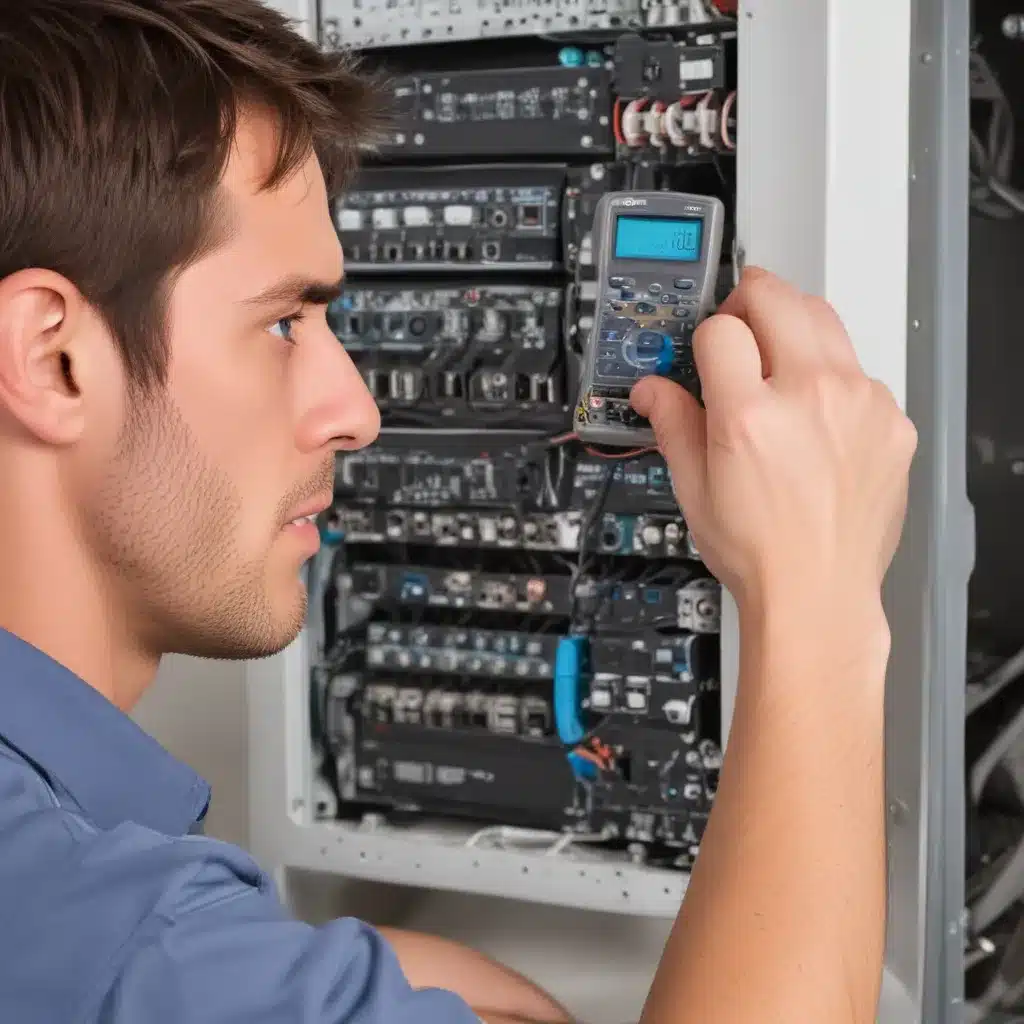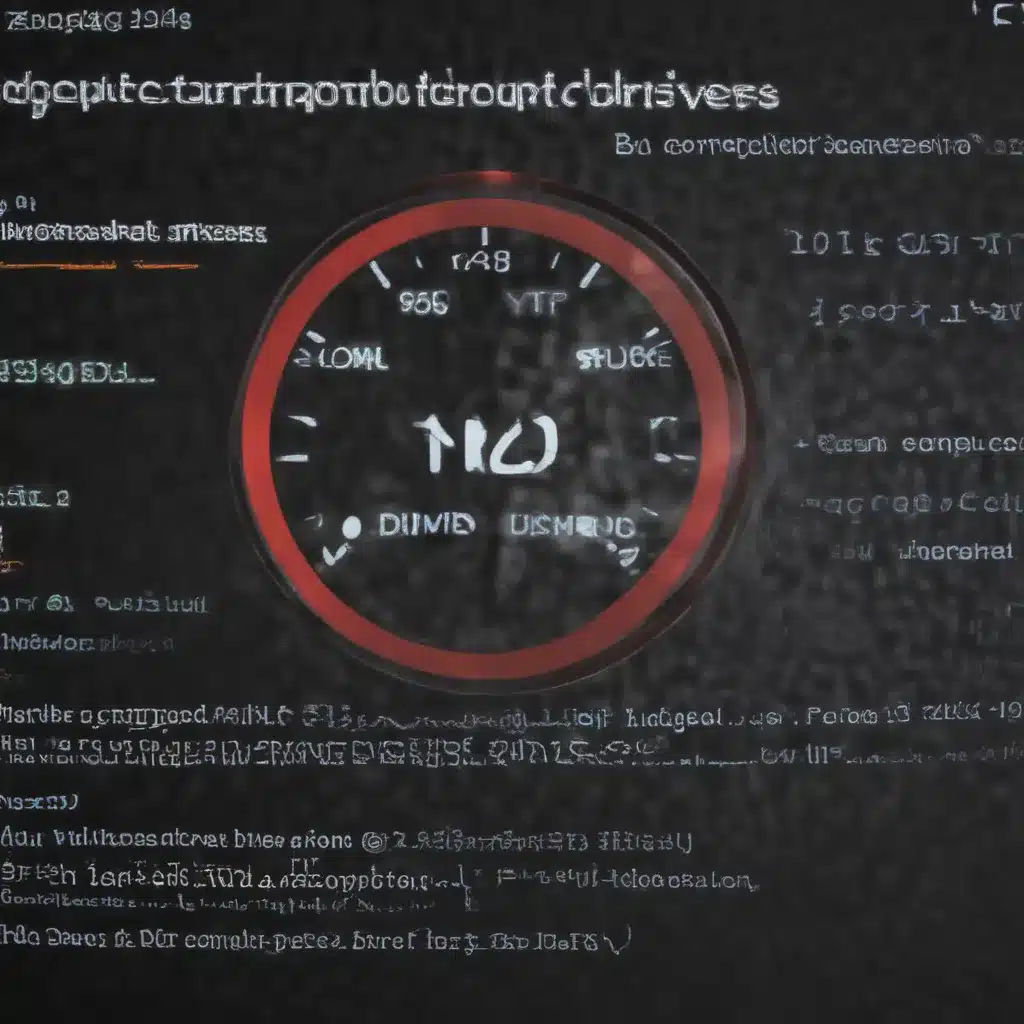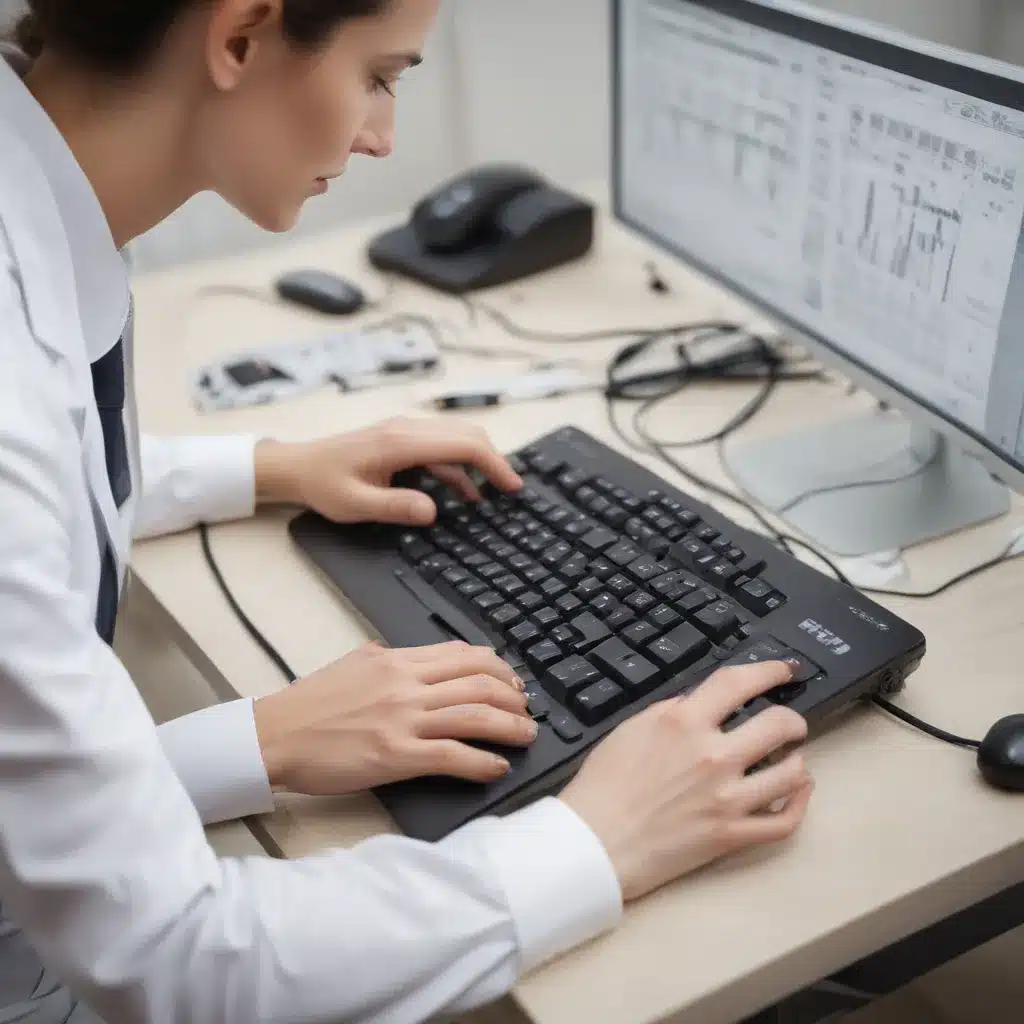Unlock the Secrets to a Faster Booting PC
I remember the days when I would sit in front of my computer, sipping my morning coffee, waiting impatiently for my PC to finish its sluggish startup routine. The endless spinning of the hard drive, the flashing of lights, and the seemingly endless delay before I could access my files and applications – it was a frustrating experience that many of us have had to endure.
However, I’ve since learned that a slow PC startup is not an inevitable reality. In fact, there are numerous solutions and strategies that can help you optimize your computer’s boot-up process, resulting in a faster and more efficient start-up experience. In this comprehensive article, I will delve into the various causes of slow PC startup and share with you the proven methods and techniques you can employ to overcome this common issue.
Identifying the Root Causes of Slow PC Startup
What is the underlying reason for your PC’s sluggish startup? Understanding the potential culprits is the first step in finding the right solutions. Let’s explore some of the common causes of slow PC startup:
Excessive Startup Programs and Background Processes
One of the primary reasons for a slow PC startup is the abundance of programs and processes that automatically launch when your computer boots up. These can include antivirus software, system utilities, and various other applications that may have been installed over time. Each of these programs consumes system resources, which can significantly slow down the boot-up process.
Fragmented or Cluttered Hard Drive
As you use your computer, the data on your hard drive becomes fragmented, with files and folders scattered across different sectors of the disk. This fragmentation can cause your hard drive to work harder during the startup process, leading to longer boot times.
Outdated or Incompatible Hardware
If your computer’s hardware is outdated or incompatible with your operating system, it can also contribute to a slow startup. This could be due to an aging processor, insufficient RAM, or a hard drive that is nearing the end of its lifespan.
Malware and Viruses
Malicious software, such as viruses, spyware, and adware, can also be a significant factor in a slow PC startup. These programs can consume system resources, interfere with the boot-up process, and even cause your computer to become unresponsive during the startup phase.
Improper Startup Configurations
Sometimes, the way your computer is configured can also be a culprit in slow startup times. Incorrect settings, poorly optimized system files, or the presence of unnecessary startup items can all contribute to a sluggish boot-up experience.
Optimizing Your PC’s Startup Process
Now that we’ve identified the potential causes of slow PC startup, let’s dive into the solutions and strategies you can employ to address this issue and enjoy a faster boot-up experience.
Manage Startup Programs and Background Processes
One of the most effective ways to improve your PC’s startup speed is to reduce the number of programs and processes that automatically launch when your computer boots up. You can do this by:
-
Identifying and disabling unnecessary startup items: Use the Windows Task Manager or a dedicated startup management tool to identify the programs and processes that launch during startup. Disable or remove any items that you don’t need.
-
Optimizing startup settings for essential programs: For the programs and processes that you do want to run at startup, ensure that they are configured to launch quickly and efficiently. This may involve adjusting their startup settings or prioritizing their execution during the boot-up process.
-
Limiting background processes: In addition to startup programs, be mindful of the background processes running on your computer. Close or disable any unnecessary processes to free up system resources and improve startup speed.
Defragment and Optimize Your Hard Drive
Fragmented and cluttered hard drives can significantly slow down the startup process. To address this issue, you can:
-
Defragment your hard drive: Use the built-in Windows Disk Defragmenter tool or a third-party defragmentation software to consolidate the fragmented files and folders on your hard drive, making it easier for your computer to access the necessary data during startup.
-
Clean up unnecessary files and folders: Regularly remove any unwanted files, folders, and downloads to keep your hard drive lean and organized. This will help reduce the amount of data your computer needs to process during the startup phase.
-
Consider upgrading to a solid-state drive (SSD): If your computer is still using a traditional hard disk drive (HDD), consider upgrading to an SSD. SSDs have significantly faster read and write speeds, which can dramatically improve your PC’s startup time.
Ensure Hardware Compatibility and Optimize Settings
If your computer’s hardware is outdated or incompatible with your operating system, it can contribute to a slow startup. To address this issue:
-
Check for hardware upgrades: Evaluate your computer’s components, such as the processor, RAM, and storage, and consider upgrading them if they are outdated or underperforming.
-
Optimize BIOS and operating system settings: Ensure that your computer’s BIOS and operating system settings are configured for optimal performance. This may involve adjusting boot-up priorities, disabling unnecessary hardware features, or optimizing power management settings.
-
Keep your drivers up to date: Outdated or incompatible drivers can also cause slow startup times. Regularly check for and install the latest driver updates for your computer’s hardware components.
Eliminate Malware and Viruses
Malicious software can wreak havoc on your computer’s startup process, causing delays, freezes, and other performance issues. To address this problem:
-
Install and maintain a reliable antivirus/anti-malware program: Use a trusted security solution to scan your computer regularly and detect and remove any malware or viruses that may be present.
-
Perform a clean boot: If you suspect that a specific program or process is causing startup issues, you can perform a clean boot to temporarily disable all non-essential startup items and identify the root cause.
-
Restore your system to a previous state: If all else fails, you may need to restore your computer to a previous, known-good state using a system restore point or recovery image.
Optimize Startup Configurations
Finally, ensuring that your computer’s startup configurations are properly optimized can also help improve your PC’s boot-up speed. You can do this by:
-
Managing startup items in the System Configuration utility: Use the System Configuration (msconfig) tool to customize which programs and processes launch during startup, allowing you to fine-tune and prioritize the critical items.
-
Disabling unnecessary visual effects: Some visual enhancements, such as animated windows and fancy desktop effects, can consume system resources and slow down the startup process. Consider disabling these features to free up resources.
-
Optimizing system files and registry: Advanced users can also explore techniques for optimizing system files, registry entries, and other low-level system configurations to further enhance startup performance.
Real-World Examples and Testimonials
To illustrate the effectiveness of these solutions, let’s look at a few real-world examples and testimonials from users who have successfully addressed their slow PC startup issues.
Case Study: Reducing Startup Time by 50%
John, a small business owner, had been struggling with a sluggish startup on his office PC for years. He decided to take action and implemented the following strategies:
- Identified and disabled unnecessary startup programs using the Windows Task Manager, which resulted in a 20% reduction in startup time.
- Defragmented his hard drive using a third-party tool, which provided an additional 15% improvement in boot-up speed.
- Upgraded his aging hard drive to a new solid-state drive, which led to a remarkable 50% decrease in his PC’s startup time.
John was thrilled with the overall improvement and commented, “The difference in my PC’s startup speed is night and day. I can now get to work much faster, and it’s made a significant impact on my daily productivity.”
Testimonial: Overcoming Malware-Induced Startup Issues
Sarah, a freelance graphic designer, had been experiencing frustratingly slow startup times on her home computer. After investigating the issue, she discovered that her PC had been infected with a persistent malware infection.
“My computer would take forever to boot up, and sometimes it wouldn’t even start at all,” Sarah recalled. “I knew I had to take action, so I installed a reliable antivirus solution and ran a thorough system scan. The scan detected and removed several pieces of malware that were causing the startup problems.”
After addressing the malware issue, Sarah noticed an immediate improvement in her PC’s boot-up speed. “It was like a weight had been lifted off my computer,” she said. “I no longer had to wait several minutes for my machine to start up, and I could get to work much more efficiently.”
Optimizing Startup Configurations for Improved Performance
Alex, a tech-savvy university student, had been frustrated with the slow startup on his laptop. He decided to take a deep dive into optimizing his computer’s startup configurations.
“I started by examining the programs and processes that were launching at startup,” Alex explained. “I used the System Configuration tool to disable any unnecessary items, and I also adjusted the priority of some essential programs to ensure they launched more efficiently.”
Additionally, Alex tweaked his computer’s BIOS settings and disabled certain visual effects to free up system resources during the boot-up process. “After making these adjustments, my laptop’s startup time was reduced by nearly 30 seconds,” he said. “It may not seem like a lot, but that time savings really added up over the course of a day, and it made a noticeable difference in my overall productivity.”
Conclusion: Unlock the Full Potential of Your PC’s Startup
By addressing the underlying causes of slow PC startup and implementing the strategies outlined in this article, you can unlock the full potential of your computer’s boot-up process. Whether it’s managing your startup programs, optimizing your hard drive, or ensuring hardware compatibility, there are numerous solutions available to help you achieve a faster and more efficient startup experience.
Remember, improving your PC’s startup time is not a one-size-fits-all solution. It may require a combination of techniques and a bit of trial and error to find the right approach for your specific hardware and software configuration. However, with the right knowledge and a willingness to experiment, you can overcome the frustration of a slow PC startup and enjoy a seamless, productive computing experience.
So, don’t settle for a sluggish boot-up process. Dive in, explore the solutions, and unlock the true potential of your computer’s startup performance. Your time and productivity will thank you.

